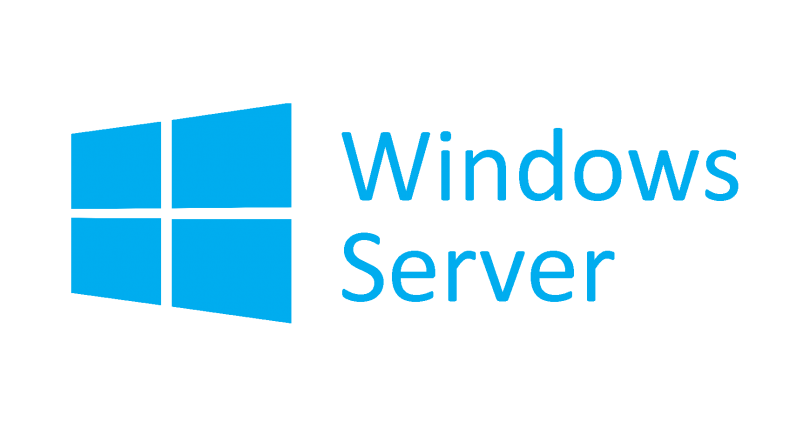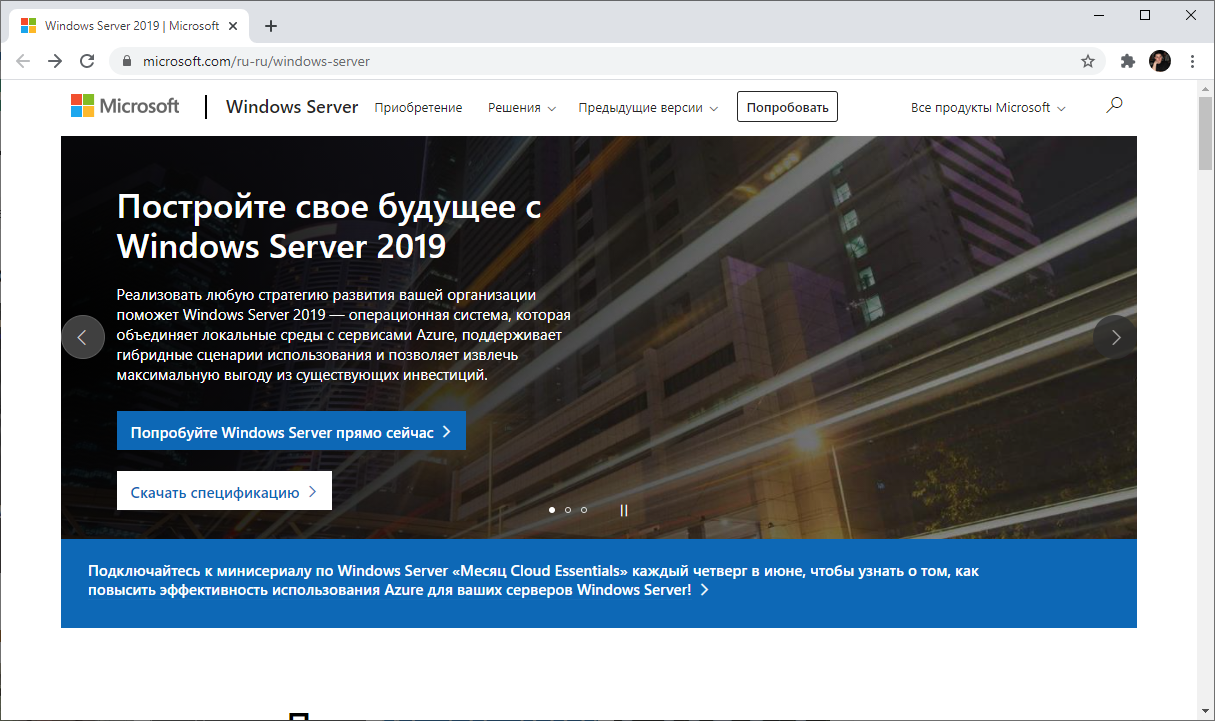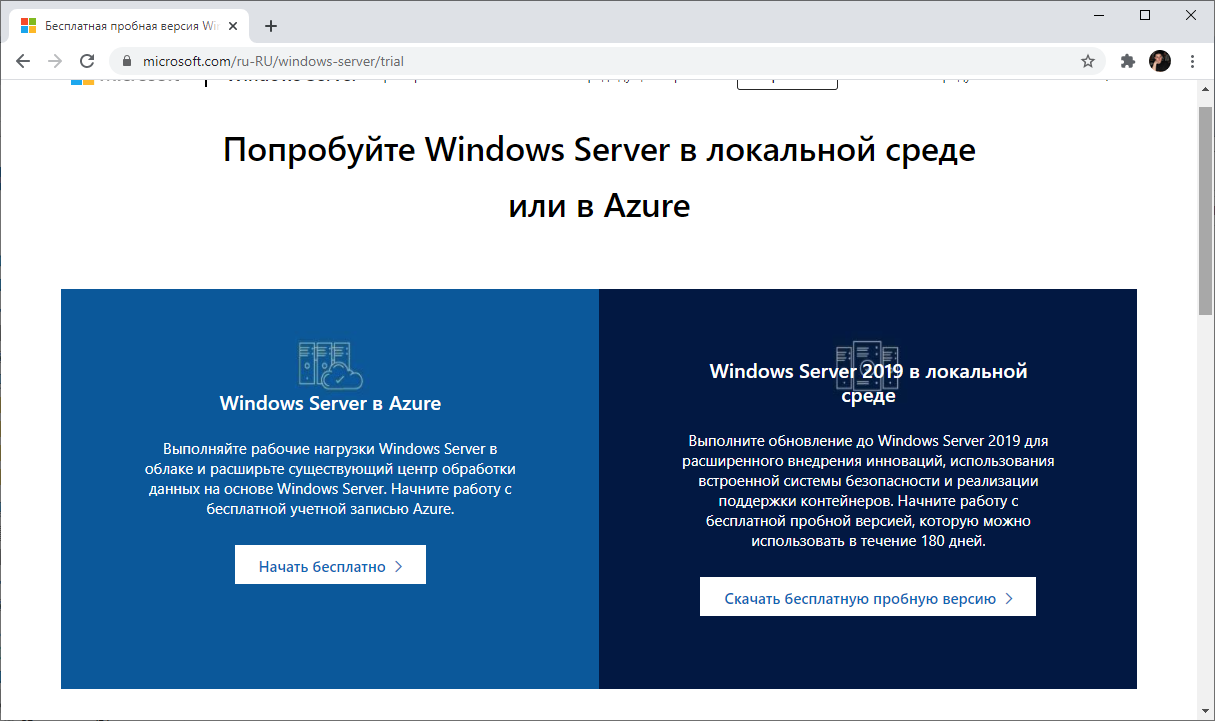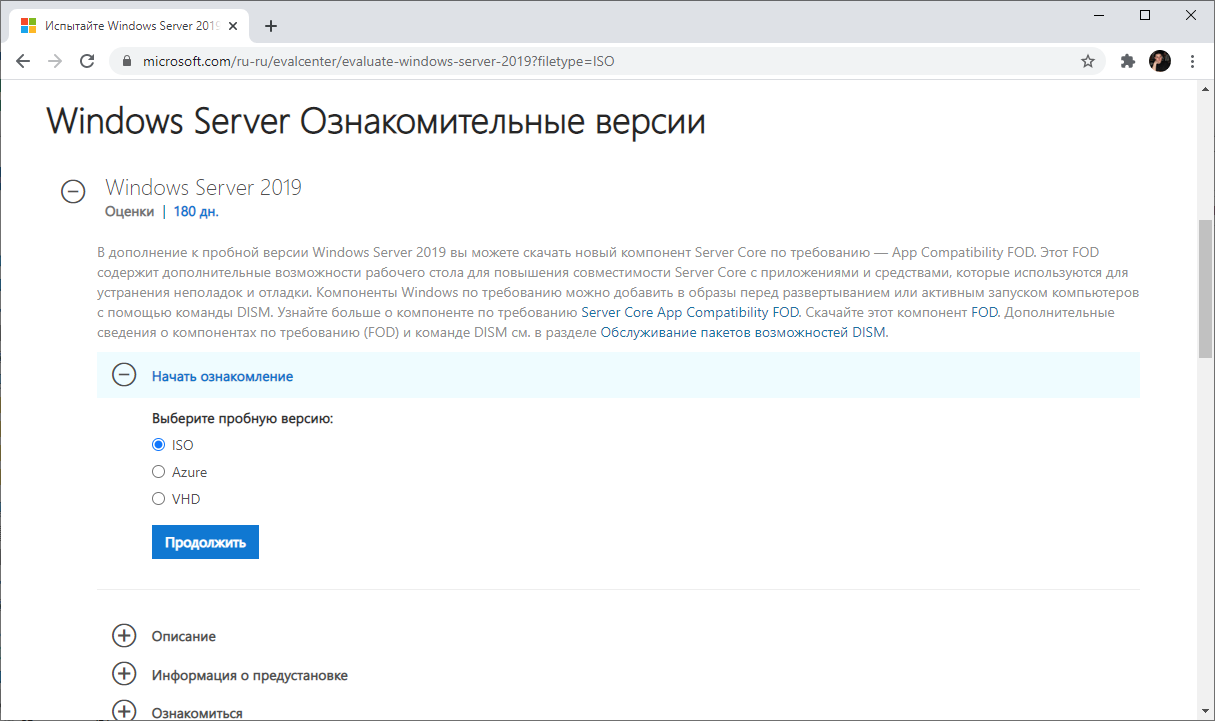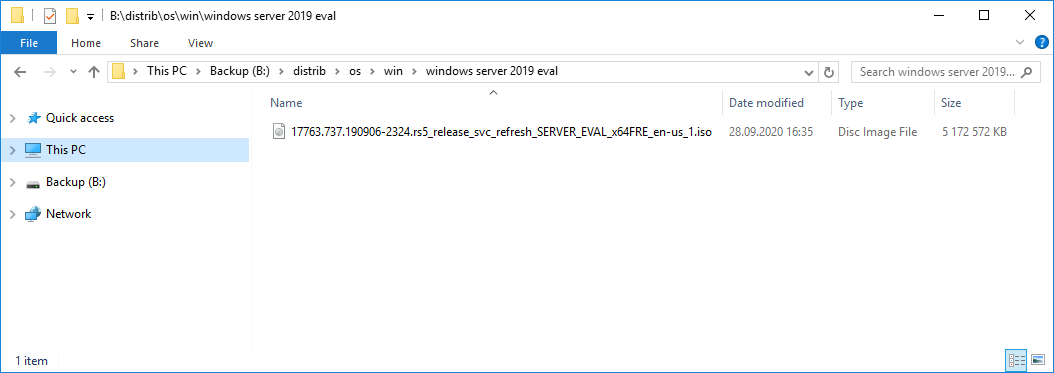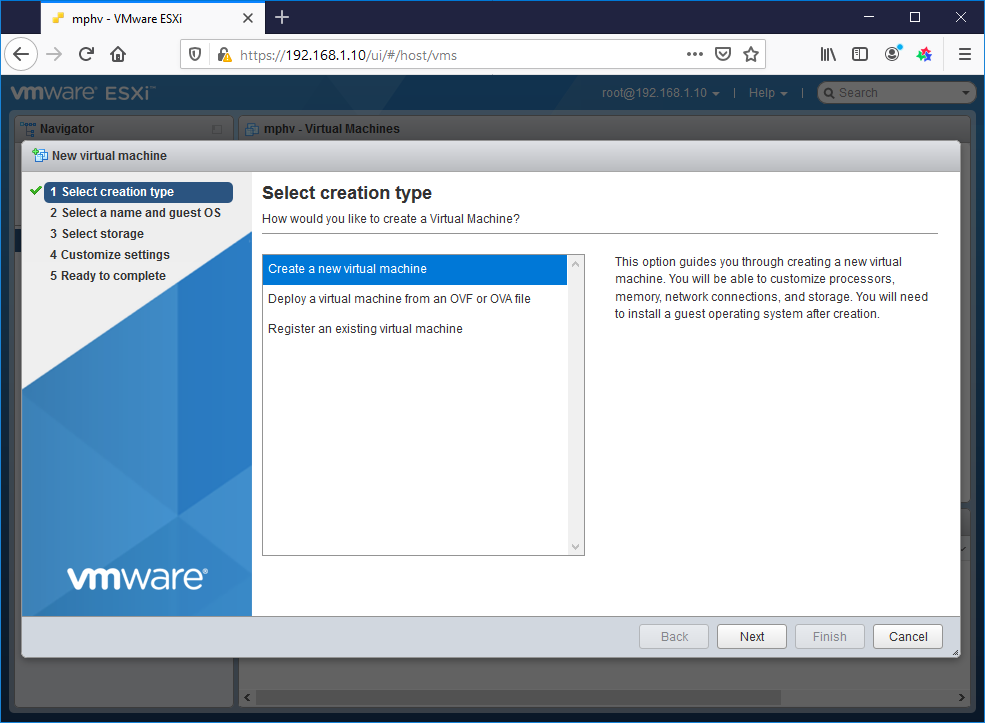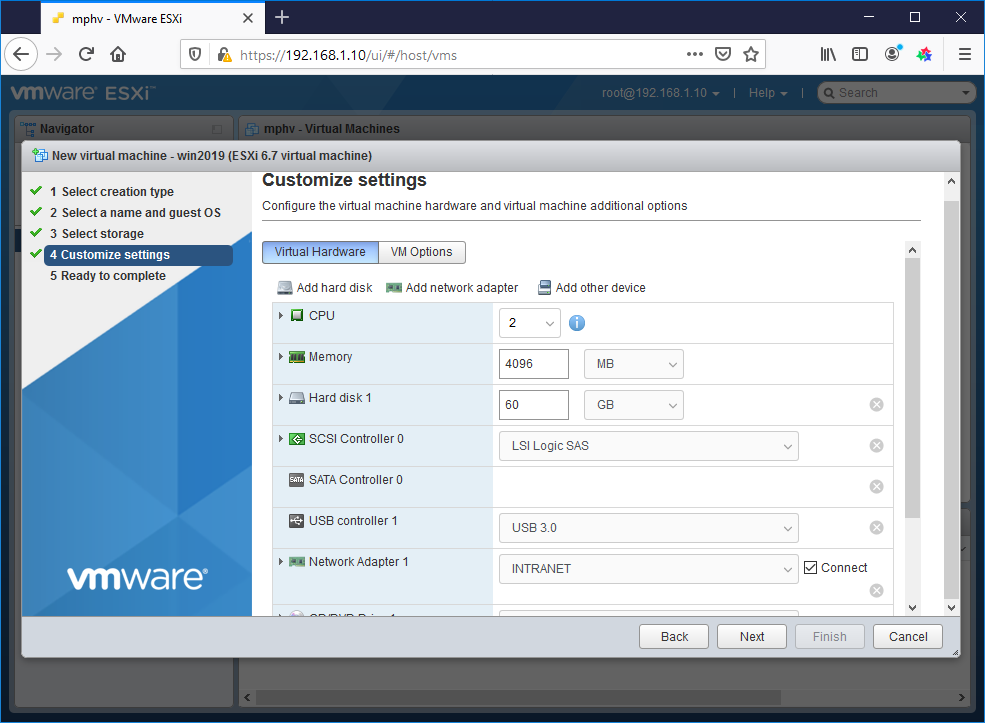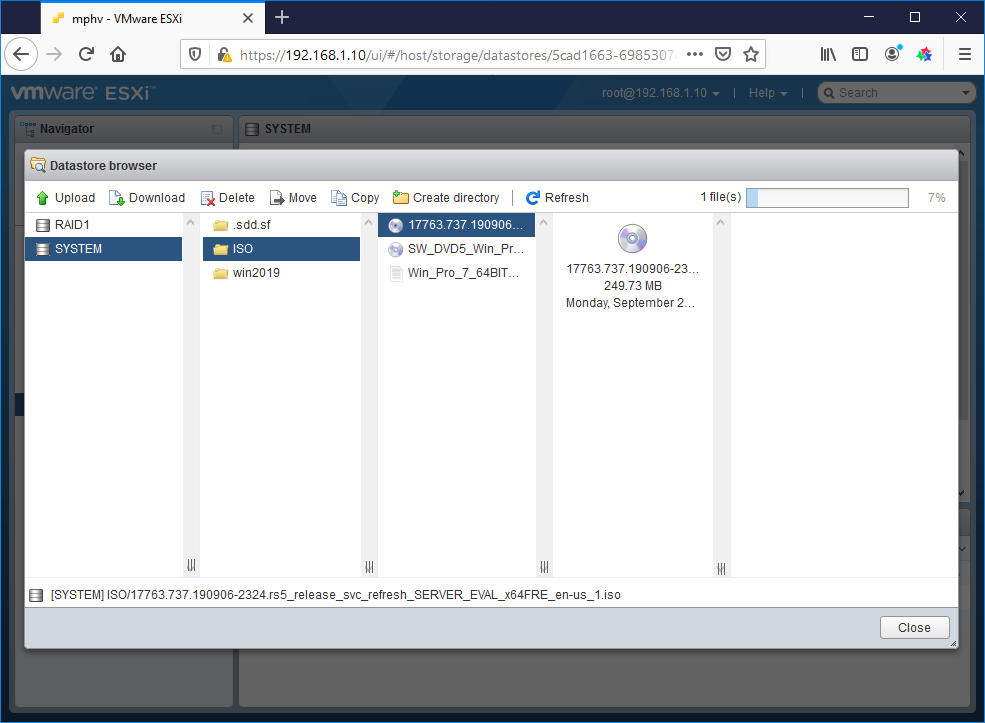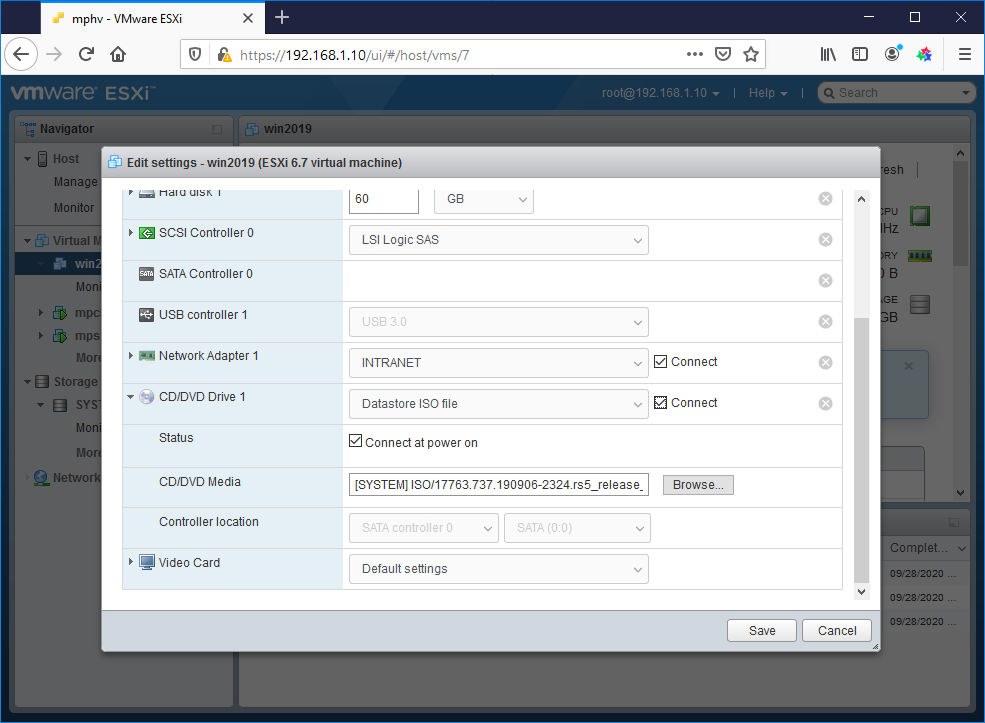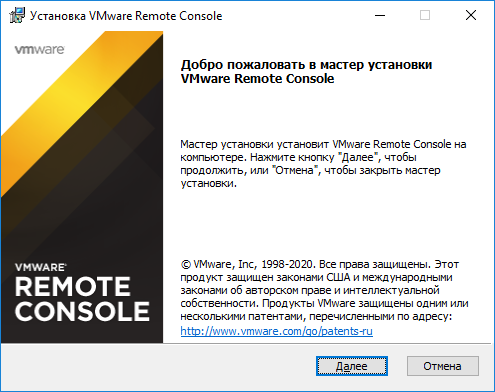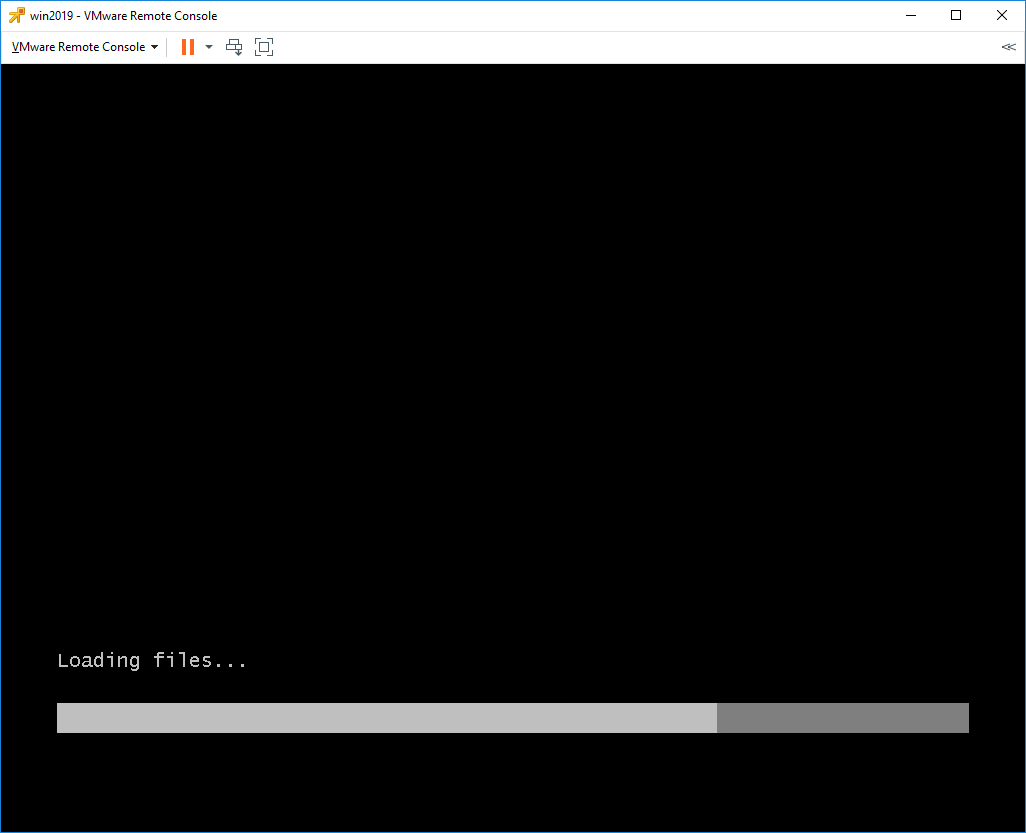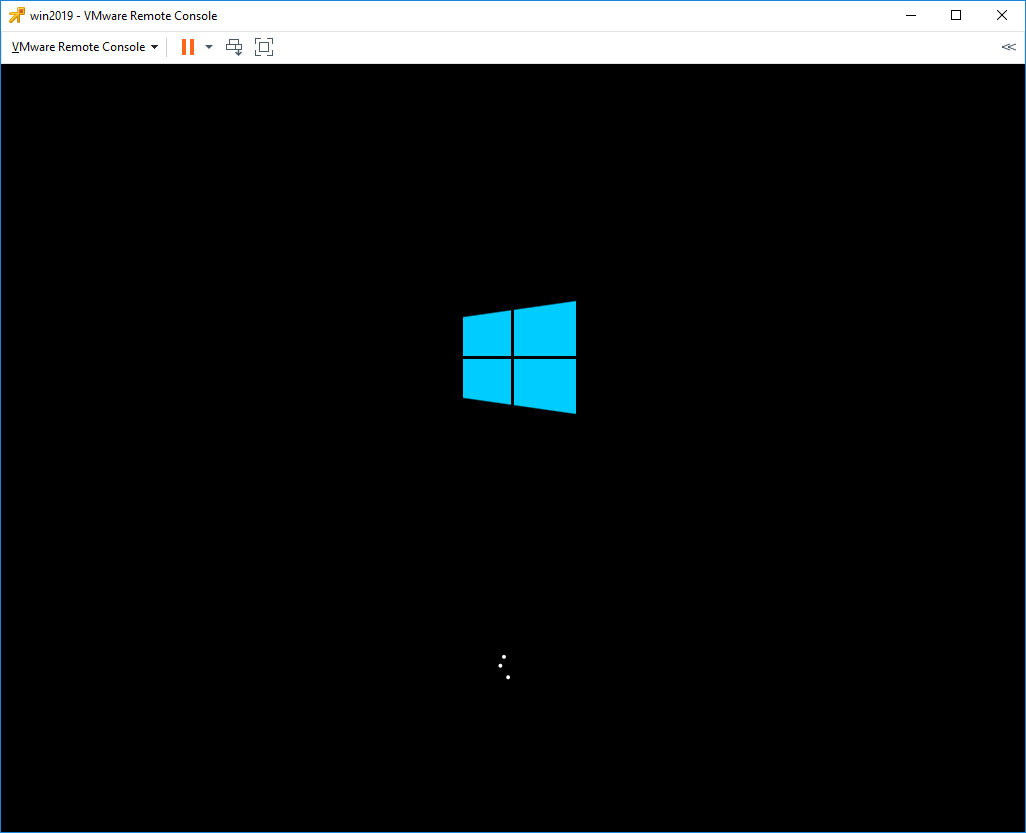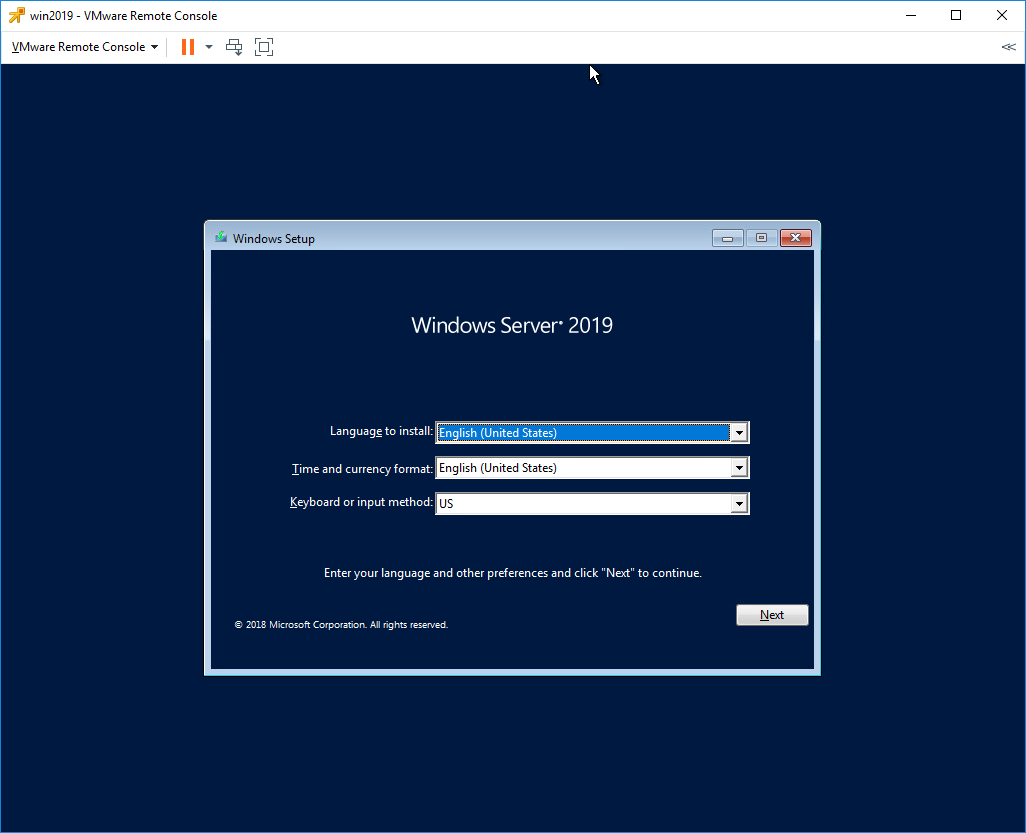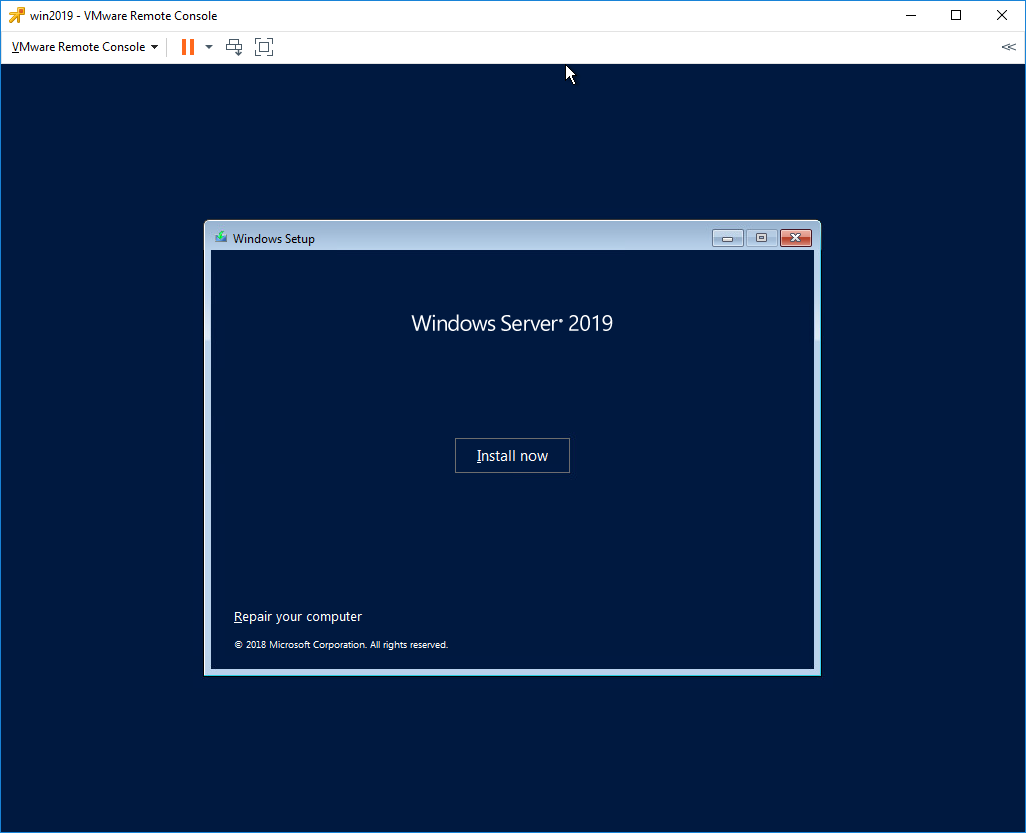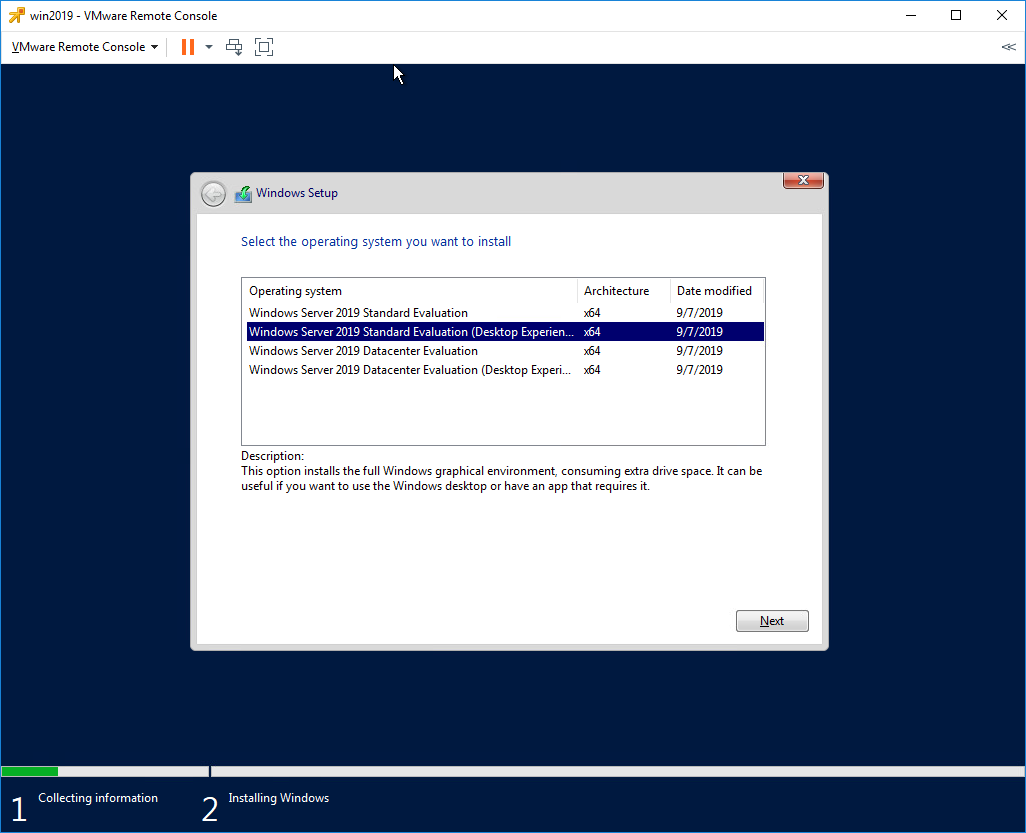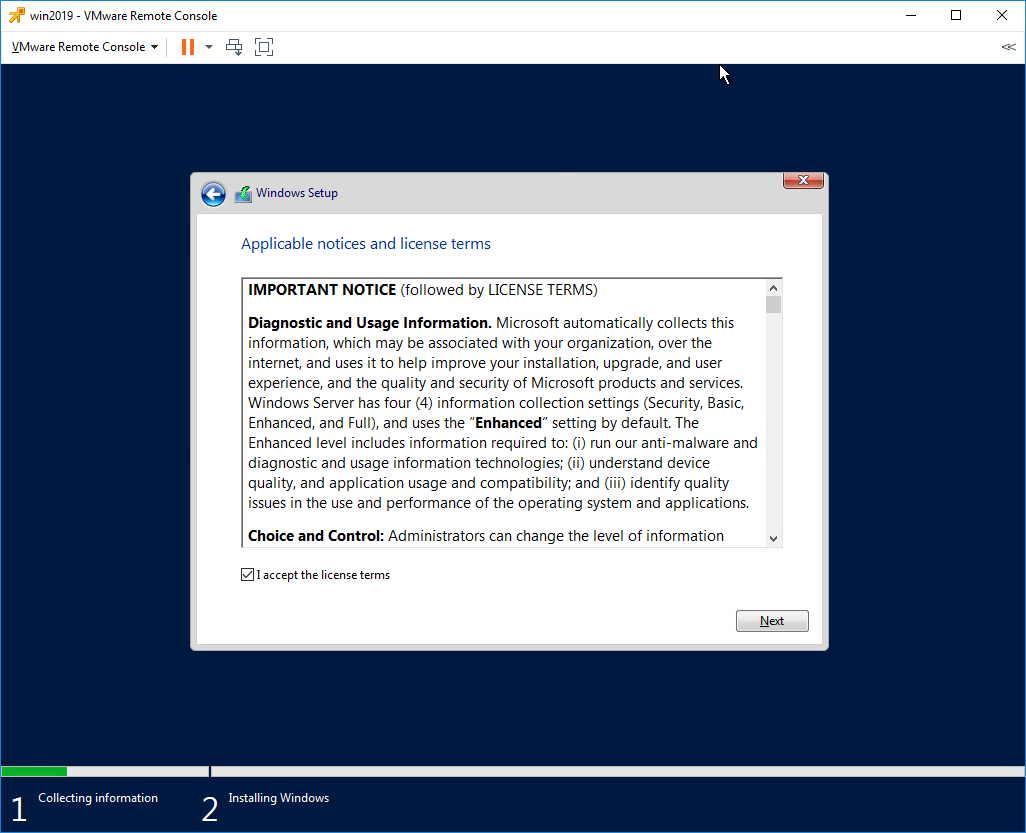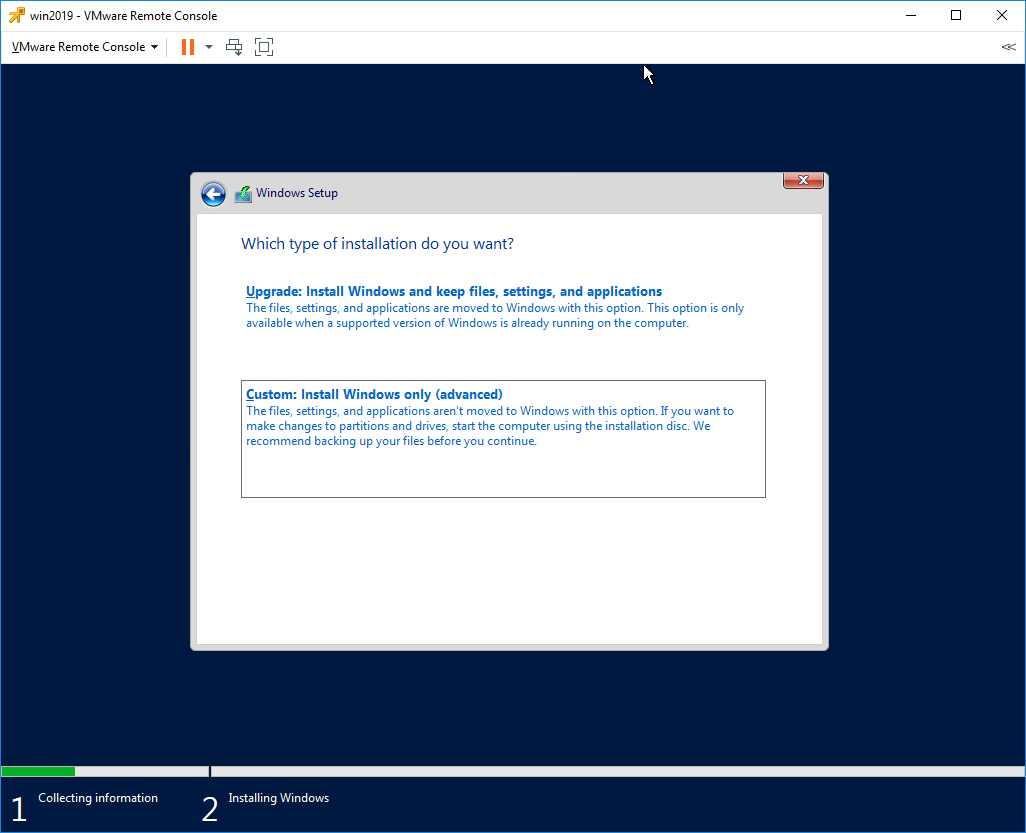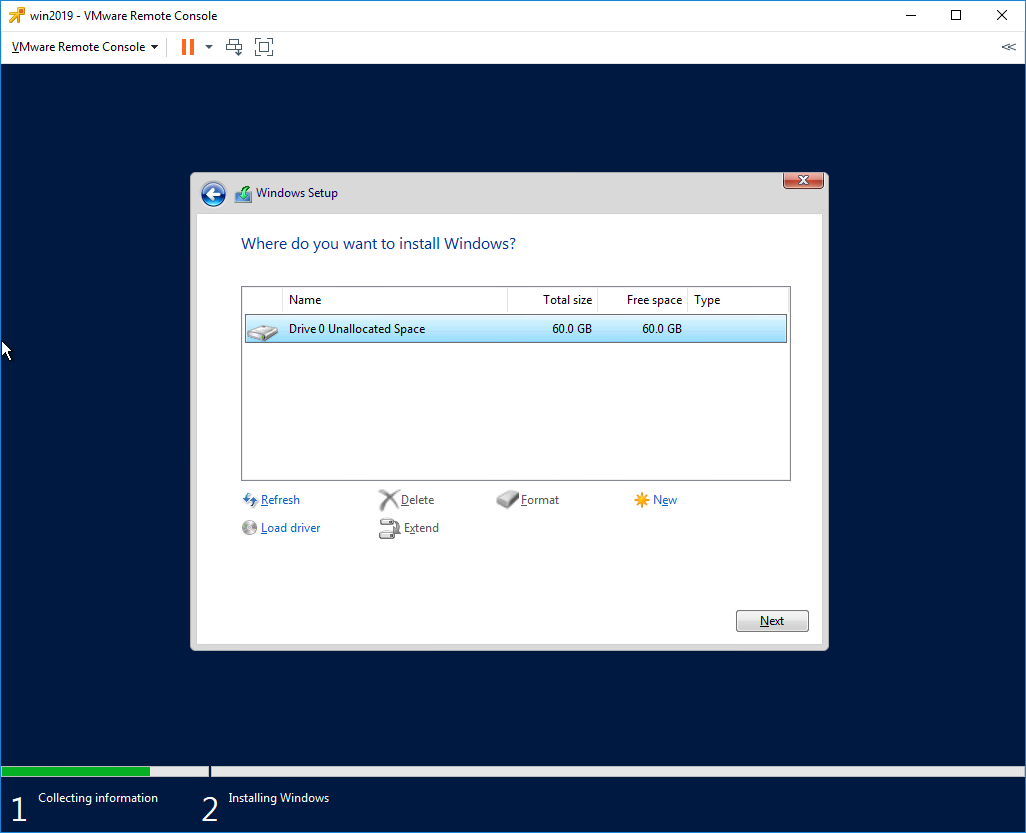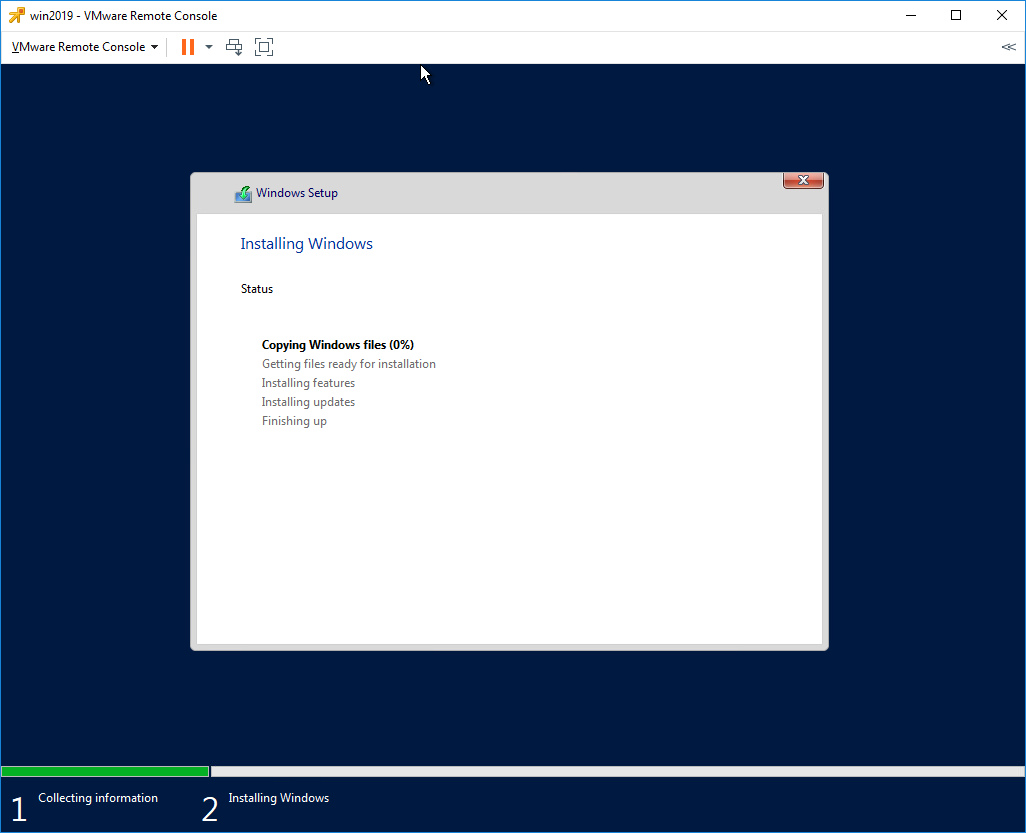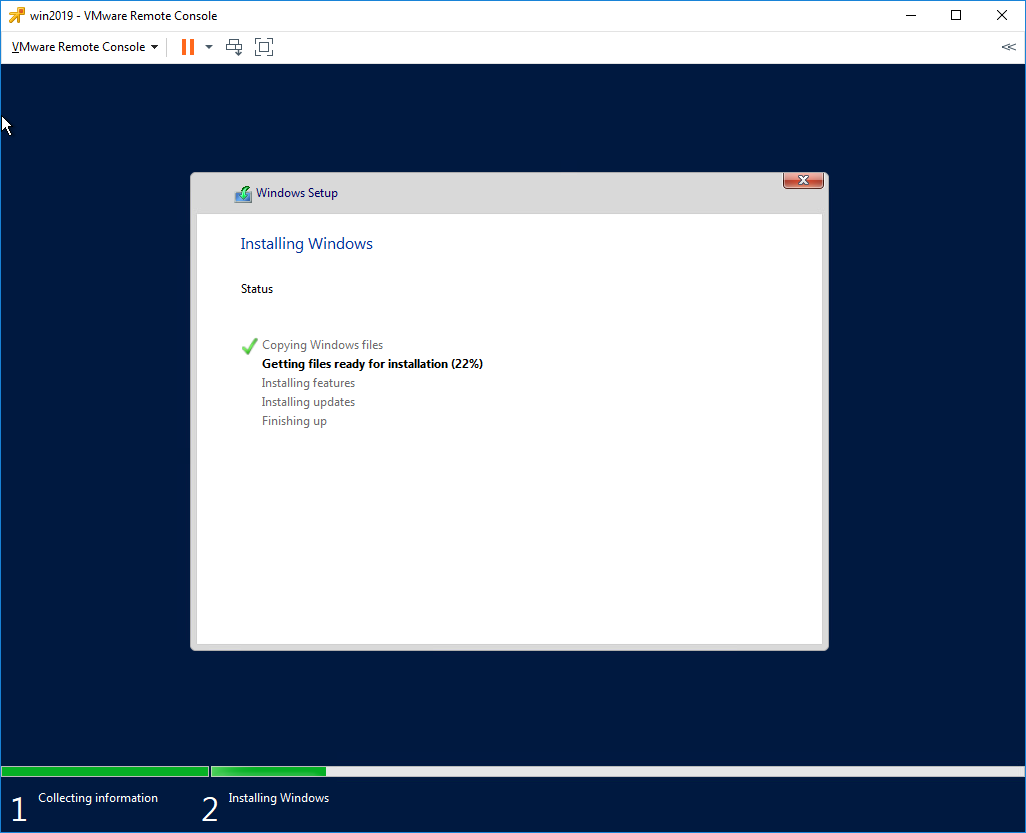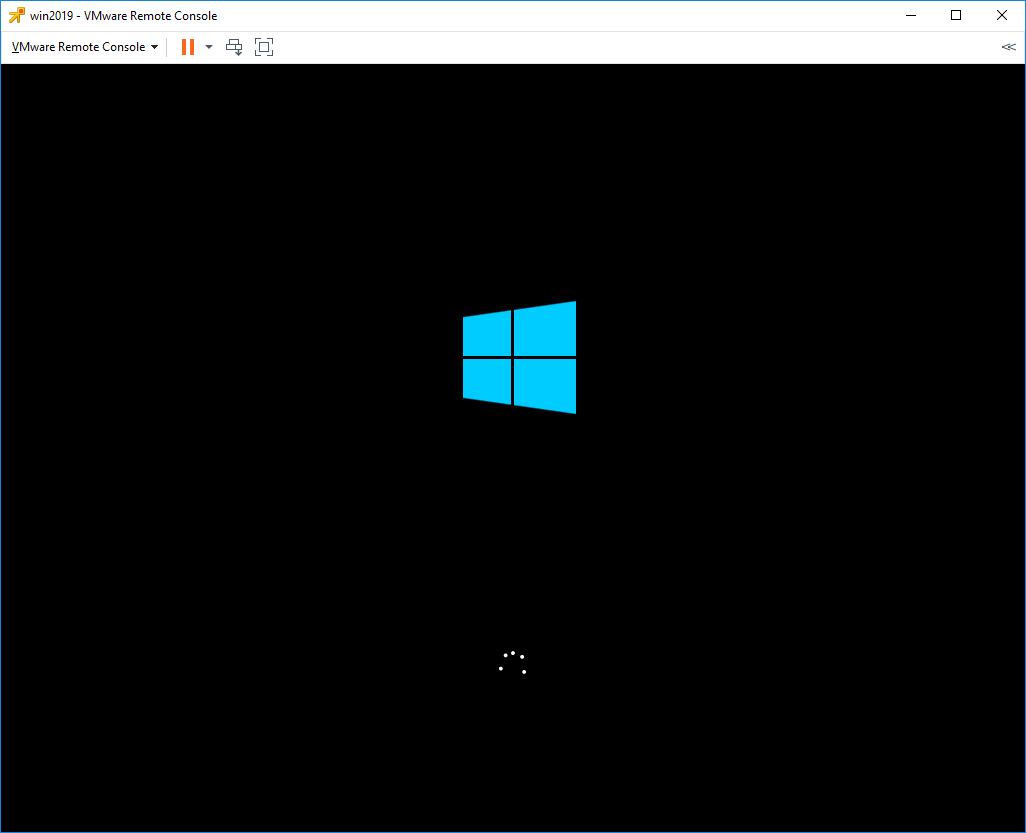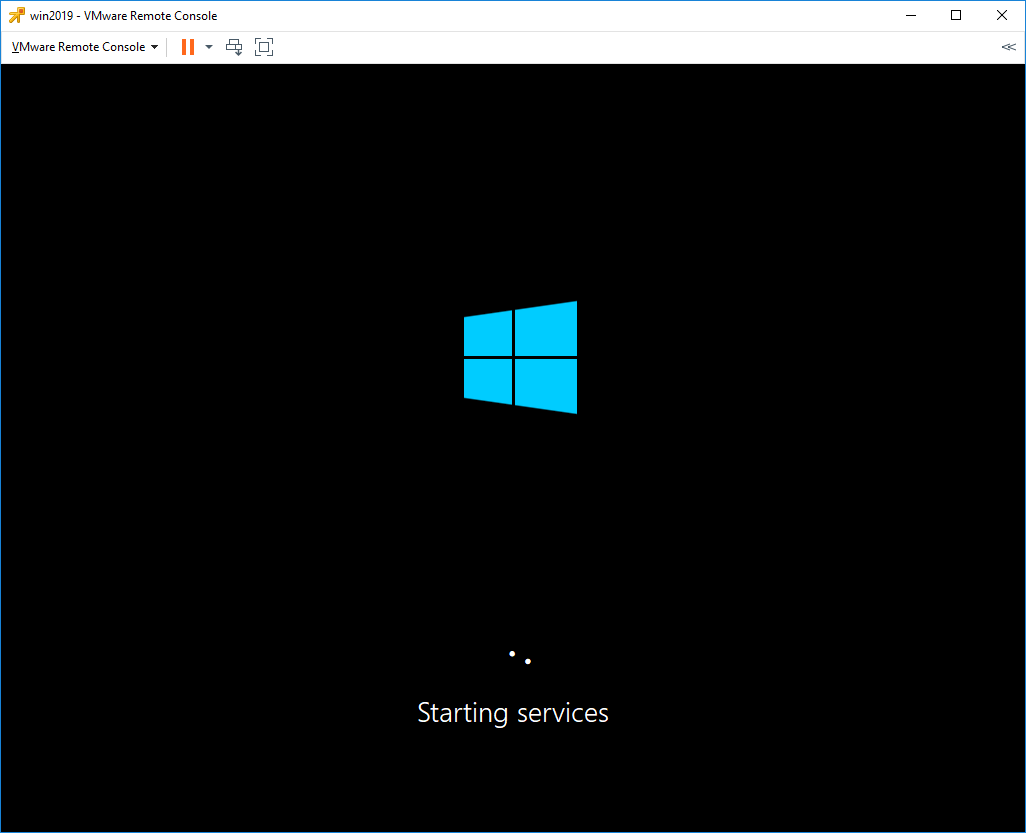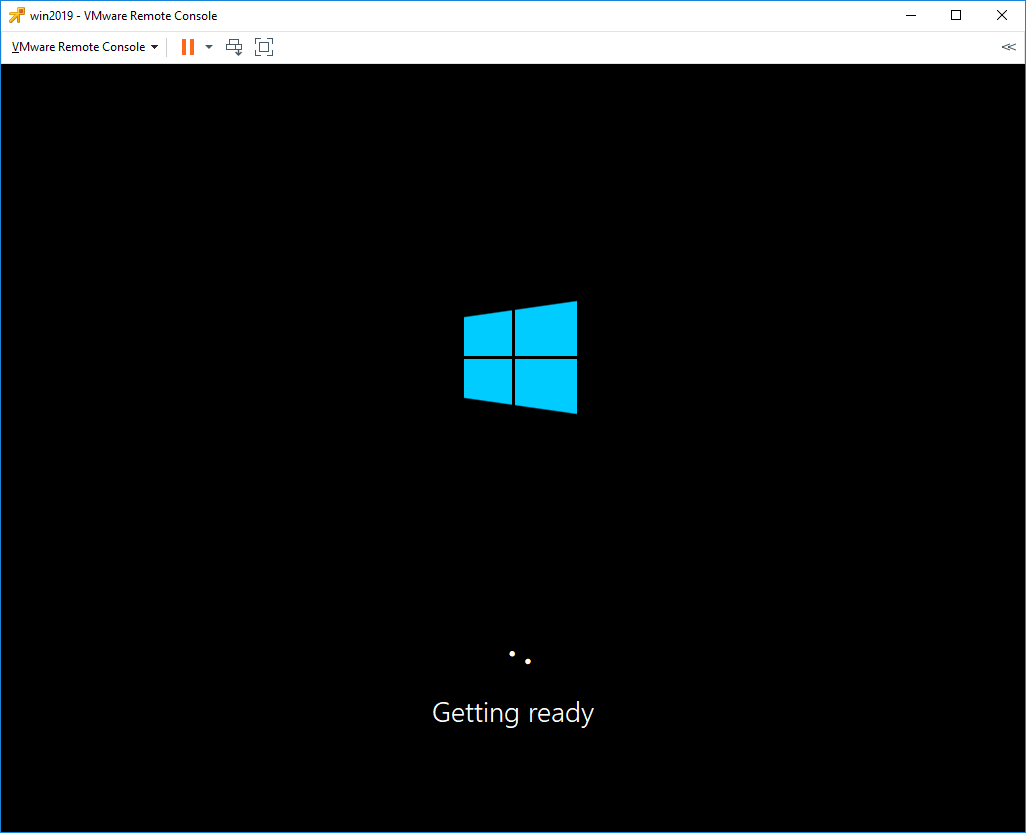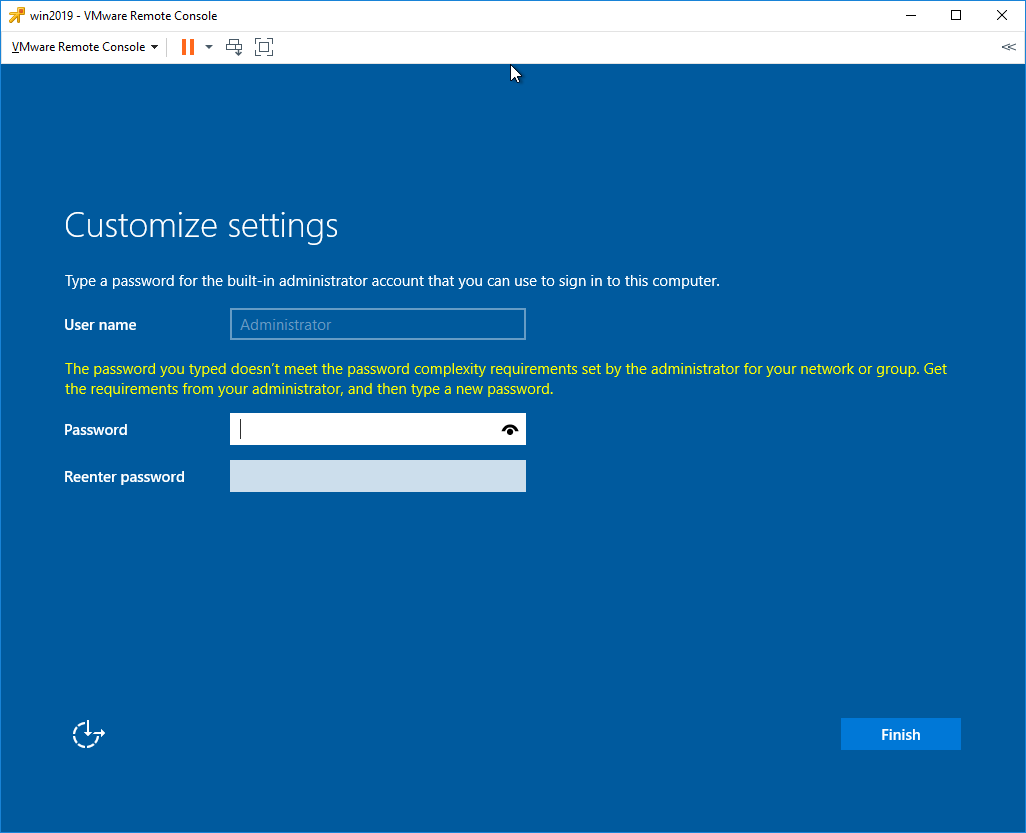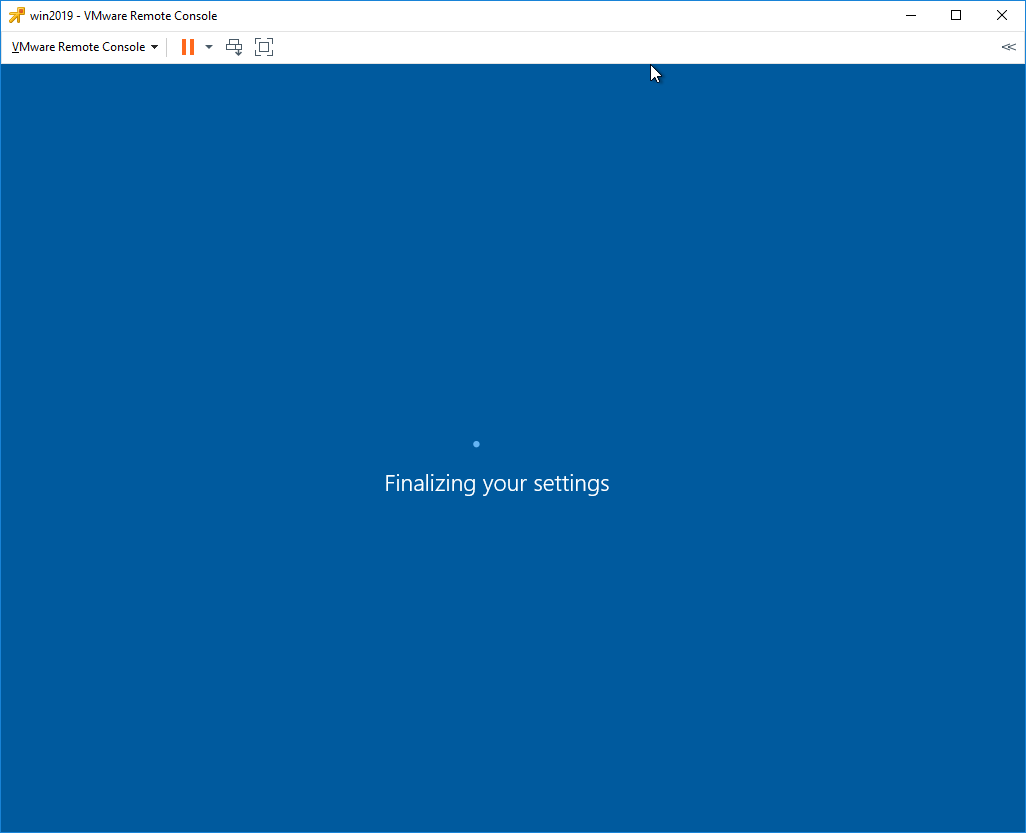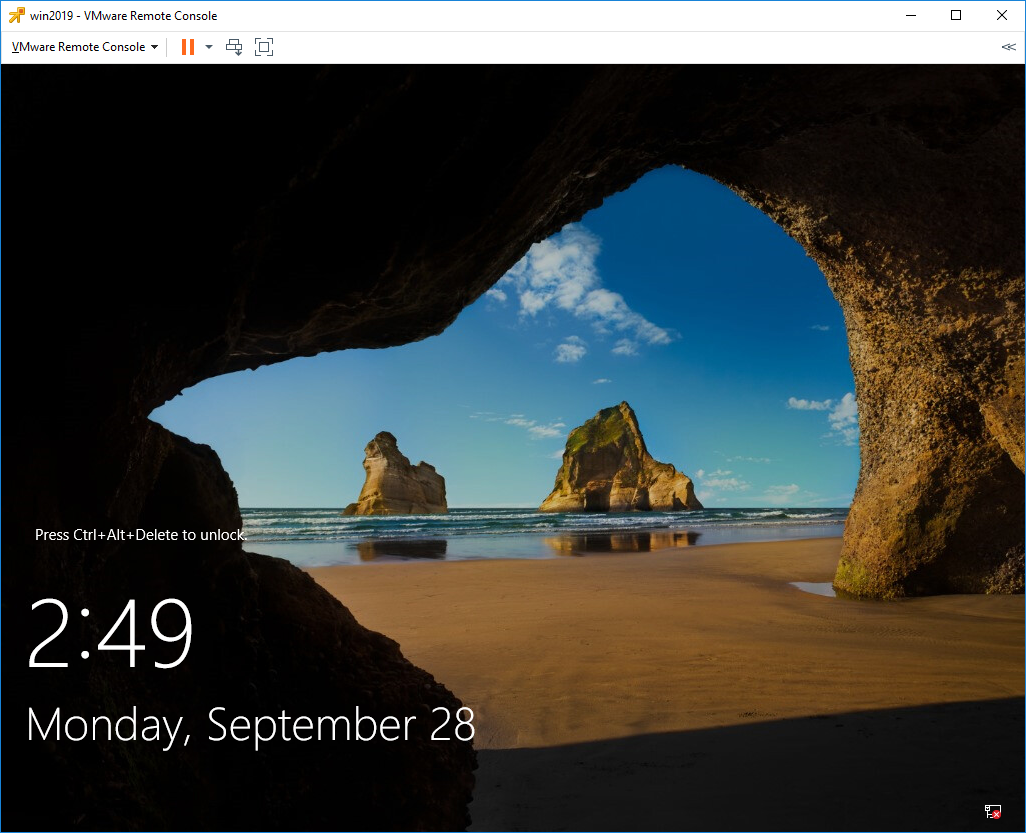Windows Server 2022 Operating System builds on the existing Server 2019 and will become part of the long-term servicing channel program. Just like the predecessor “Windows Server 2019“, this operating system can also be installed locally without much focus on cloud integration. This allows classic (legacy) server roles such as WDS, DHCP, DNS, ADFS, Active Directory Domain Services (Domain Controller), and Internet Information Services (IIS) to be configured on the server. In this article, we shall learn how to install Windows Server 2022 on VMware Workstation.
This is a pre-release software. It is provided for use “as-is” and is not supported in production environments at the time of writing this article. Users are responsible for installing any updates made available from Windows Update.
If you would like to install Windows Server 2022 on a VirtualBox, please see the guide “How to install Windows Server 2019 on Virtualbox“. All you need is to select the Windows Server 2022 ISO instead of Windows Server 2019 ISO. What are the new capabilities in Windows Server 2022.
Windows Server 2022 Features and Installation
Windows Server 2022 brings a lot of innovations on IT security, portal integration, and Windows Containers support on Kubernetes. With the secured-core Server, the server should be protected at the hardware, firmware, and operating system level.
A Trusted Platform Module 2.0 is used for this. Also, see this guide on how to perform an in-place upgrade from Windows Server 2016 to Windows Server 2019. If you would like to install and test the features of Windows Server 2022, please follow the steps below.
There are various ways to create a New Virtual Machine on a VMware workstation. Launch the VMware console and on the menu, click on File and select New Virtual Machine.
VMware Workstation installation of Windows Server is pretty fast compared to VirtualBox. Select Typical and follow the installation steps as described below.
On the guest operating System window, please select the second option “Installer disk image file (iso) and browse to the location of your Windows Server 2022 Preview ISO. When selected, click on Next to continue.
In the next window, select next to continue. Currently, VMware have not updated the list of the various Windows Server versions. So I will be selecting Windows Server 2019.
Enter your desired Virtual machine name. Note: At this point, you can choose a different location to have your Virtual Machine files saved.
Enter your desired Maximum disk size and select how you would like your virtual disks to be saved. I selected the first option “Store virtual disk as a single file”.
See the following guides on how to perform Post OS Installation configuration of Windows Server 2019 Properties, how to install Windows Server 2016 Operating System, and how to install and configure Ubuntu Linux.
Specify the Disk capacity and the Virtual Disk Type
When you are done, click on Finish as shown in the figure below.
You may also want to see how to Install Windows 10 on VMware Workstation, The security database on the server does not have a computer account for this workstation trust relation [Part 1], How to extend a VM Hard Disk on VMware Workstation, and Taking ownership of a VM: How to fix this error.
Server Installation Activation
To proceed with the server installation, click on “Power on this Virtual Machine”. At this step, if you run into any issues relating to boot failure “EFI network timeout“.
This will launch the following windows below. In the Windows setup, select your desired input method, language to install and time format. When you are done, click on Next to continue.
Click on “Install now” to continue with the installation of Windows Server 2022.
Below, I entered I do not have a product key. Please refer to this link if you prefer unlimited activations
Below are the available Operation systems. Please select the one you would like to install. I will be installing Windows Server 2020 Datacenter (Desktop Experience) as shown in the figure below.
Accept the license Terms and click on next to continue
I will be selecting the Custom installation as I do not want to keep any existing settings.
You may also want to see how to fix VMware and HyperV are not compatible, and What Is the NTUSER.DAT File in Windows?
Format or create a new partition
I do not need to format or create a new partition. Therefore I will be selecting Next to continue.
Furthermore, As you can see below, Windows is currently being installed.
Enter your Password and click on Finish to complete your installation.
As you can see, the installation is complete. Now enter the newly created password
Note: Ensure you have VMware Tools installed after the setup of Windows server 2022 on VMware Workstation.
Let’s access Windows Server 2022 About (Properties). Launch the Windows Settings and click on Systems and then click on About as shown below.
Windows Server 2022 ISO can be downloaded as a preview. This requires a Microsoft account that is registered as a Windows Insider member. Refer to this guide for the Post OS Installation and configuration of Windows Server 2019 Properties (Configure TCP/IP Parameters). This hyperlink will guide you on configuring the Windows Server 2022 Properties such as TCP/IP.
I hope you found this blog post helpful. If you have any questions, please let me know in the comment session.
In this article from Windows Server Tutorials, we intend to show you to install Windows Server 2022 in VMware Workstation 17.
Before starting the installation steps, we will explain concepts like “VMware Workstation” to users who are not fully aware of them.
- How to install windows server 2022 in VMware Workstation 17 pro?
What is Vmware Workstation and what is its advantage?
In simple words, VMware Workstation is a virtualization software.
The VMware Workstation is installed on the local operating system like Windows 11 and provides the possibility of installing operating systems on it.
These types of virtualizers are slightly different from server-based virtualization and can be used mostly for running a laboratory or using several operating systems on a PC or laptop.
Workstation is a product of the great VMware, which has complete expertise in virtualization software and its related products.
This software has added many features in the new versions and provides users with good benefits.
How to install windows server 2022 in VMware Workstation 17 pro?
First, you need to download the Windows Server 2022 ISO file. To download the ISO, visit the Windows Server 2022 download page and download the item file.
After that, open the VMware workstation on your computer and follow the steps.
Step 1: Create a Virtual Machine on VMware Workstation
1-1. From the File menu, click New Virtual Machine. You can also use the keyboard shortcut Ctrl+N to create a new virtual machine.
1-2. In the first window, select the Typical option and click Next.
Point: You can choose the custom option and change the SCSI controller type and compatibility older version.
1-3. In this step, select the ISO file of Windows Server 2022 with click the browse button.
Once selected, you will notice that VMware Workstation will automatically detect the operating system.
1-4. Here you should see a window similar to the image below.
In this section, you do not need to enter all the fields and only enter a desired name in the full name section.
Point: With the name you enter here, a user with the same name will be created in Windows after installation but don’t worry, we will enable Administrator finally on the final steps.
1-5. After that, In the next window, enter the virtual machine name and choose where your Virtual Machine is stored.
1.6- On the next window, you can specify disk capacity and after that, click on next.
Point: 60 GB capacity is enough for Windows, but if you want to install other software inside the virtual machine or need more capacity, you can increase that.
Customize Virtual Machine Hardware
1.7- In the last window from the new virtual machine wizard, you can select finished or click on “customize hardware” for customizing RAM, CPU, or others.
In this tutorial, we select customize hardware for increasing RAM and CPU.
Recommendation: If you have enough RAM and CPU, choose more RAM and CPU for your virtual machine.
1.8- Next, you can select the hardware you want from the left panel and customize it from the right panel.
1.9- Click Close and Finish to build your virtual machine when the customization is completed.
So far, you have succeeded in creating a virtual machine for Installing Windows Server 2022 in VMware Workstation 17.
Wait a few moments for the virtual machine to turn on automatically to proceed with the installation process.
Step 2: Start the unattended Installing Windows Server 2022 in VMware Workstation 17
I have to tell you one thing here, in the new version of VMware Workstation, you will not see the Windows installation steps normally and all the steps will be done automatically.
So don’t be surprised if you don’t see some of the steps below. The workstation will proceed with the steps automatically.
2-1. After you click on the finish button on the last step, the virtual machine turns on and starts to install windows server 2022 in VMware Workstation.
2-2. After a few minutes, you will see a window like the one below. In this section, the files will start to be copied.
2-3. Depending on the speed of your system and your hard disk, the installation process will be finished after a few minutes and you will see a window similar to the below image.
At this stage, click on restart now or wait for the operating system to restart after 10 seconds.
Install VMware Workstation tools automatically
2.4- At this point, the virtual machine will be started the final installation process and will be restarted twice, and then the login window will be displayed to you.
Points: Same as the name you entered when creating the virtual machine A user will be created in your Windows.
The workstation will log in with the same user and start installing its tools.
2-5. After the VMware Workstation Tools process is completed, a window will appear asking you to restart the operating system. Click on Reboot.
OK! The installation of Windows Server 2022 in VMware Workstation is done.
Now you can work with it but if you want to enable Administrator user and work on the Windows server 2022 with Administrator User, follow the below steps.
Step 3: How to enable Administrator user on Windows Server 2022?
3-1. After login to your VM, right-click on the start menu and select run.
3-2. Enter lusrmgr.msc and click ok.
3-3. On this window, select Administrator and right-click on it and then “Set password“.
3-4. You will see a window like the below image, click on proceed.
3-5. Enter your password and click on Ok.
3-6. Now you need to sign out; right-click on the start menu, and select shutdown or sign out > sign out.
3-7. Once logging in to Windows Server, you must press the CTRL+ALT+DEL buttons from the keyboard at the same time to enter the username and password but in the VMware workstation, you must press the CTRL+ALT+INS.
3-8. After that, select Administrator user from the bottom left, type your Administrator password, and enter.
Well done, you have successfully created a new virtual machine on VMware Workstation and installed Windows Server 2022 in VMware Workstation 17 Pro. Now you can use the Windows VM for your purposes.
Conclusion
In this article, we tried to teach you to install Windows Server 2022 in VMware Workstation 17 Pro step by step.
At first, we created a new virtual machine in VMware Workstation step by step, then we proceeded with the automatic installation of the Windows server and finally, we made the final setup.
In the end, we enable the administrator user.
I hope you enjoy this tutorial, if you need any help or have any questions, you can comment for us.
Здравствуй, юный сисадмин. Сегодня мы с тобой установим Windows Server 2019. Устанавливать будем ознакомительную версию, которая работает 180 дней. Установка производится на виртуальную машину VMware, я использую домашний сервер с ESXi на борту.
Дистрибутив Windows Server 2019
Переходим по ссылке:
https://www.microsoft.com/ru-ru/windows-server
Нажимаем кнопку «Попробуйте Windows Server прямо сейчас».
https://www.microsoft.com/ru-RU/windows-server/trial
Нас интересуем Windows Server 2019 в локальной среде. «Скачать бесплатную пробную версию».
Нам нужен ISO образ, выбираем, «Продолжить».
Итак, дистрибутив Windows Server 2019 в виде ISO образа у нас есть.
Системные требования Windows Server 2019
https://docs.microsoft.com/en-us/windows-server/get-started-19/sys-reqs-19
Минимальные системные требования для работы Windows Server 2019:
- Процессор
- 64-разрядный процессор с частотой 1,4 ГГц
- Совместимость с набором инструкций x64
- Поддержка NX и DEP
- Поддержка CMPXCHG16b, LAHF/SAHF и PrefetchW
- Поддержка трансляции адресов второго уровня (EPT или NPT)
- Память
- 512 МБ (2 ГБ для сервера с возможностью установки Desktop Experience)
- ECC (Error Correcting Code) или аналогичная технология для развертывания физического хоста
- Диск
- 32 ГБ для core mode + IIS
- 36 ГБ для GUI mode + IIS
При установке на виртуальную машину минимальных требований (1 процессор и 512 МБ оперативки может быть недостаточно, установка завершится с ошибкой. В этом случае можно сделать следующее:
- Выделите более 800 МБ памяти, после завершения установки можно уменьшить количество памяти до 512 МБ. Если вы используете дополнительный язык, то может потребоваться больше 800 МБ.
- Прервите процесс установки SHIFT+F10. В командной строке используйте diskpart.exe для создания и форматирования раздела для установки. Выполните wpeutil createpagefile /path=C:\pf.sys, где C: — это выделенный раздел. Закройте командную строку и продолжите установку.
Подготовка виртуальной машины для Windows Server 2019
Создаём виртуалку.
Минимальные требования не будем устанавливать. Я выделил:
- 2 процессора
- 4 ГБ оперативки
- 60 ГБ места на диске
Загружаю в хранилище ISO образ.
Монтирую ISO образ как CD\DVD.
Для удобства устанавливаю VMware Remote Console.
Установка Windows Server 2019
Включаем виртуалку.
Установочный образ подцепился.
Запускается Windows Setup.
Я предпочитаю устанавливать Windows Server на английском языке, мне так привычнее. Чем меньше лишнего — тем лучше. Единственное исключение делаю для терминальных серверов, так как с ними потом будут работать юзеры.
Выбираем язык установки, Next.
Install now.
Выбираем Standard версию с GUI. Next.
Принимаем лицензионное соглашение. Next.
Тип установки — Custom: Install Windows only (advanced). У нас новый сервер.
Выбираем диск для установки. На виртуальной машине он у нас выделен один. Next.
Откиньтесь на спинку кресла, начинают копироваться установочные файлы.
Идёт подготовка для установки Windows Server 2019.
В процессе установки Windows может несколько раз перезагрузиться.
Нужно запастись терпением.
Открывается окно для установки пароля администратора.
Требования к сложности пароля усилились. Два раза вводим пароль для администратора. Finish.
Первоначальная настройка завершена.
Для входа нужно нажать Ctrl+Alt+Del. Установка Windows Server 2019 завершена.
We will show you how to Install Windows Server 2019 on VMWare Workstation. You can use this method to run Windows Server 2019 on your personal computer and practice new features and configurations before implementing them in a production environment. Windows Server 2019 comes with a lot of improvements and new features. And like always, Microsoft has made available different editions of Windows Server 2019 for different users and scenarios. In this article, we will focus on the Datacenter edition which is the most feature-rich edition of Windows Server 2019.
If you want to Install Windows Server 2019 on VMWare Workstation then follow this guide. We will show you step by step process to Install Windows Server 2019 on VMWare Workstation. This guide is also applicable for installing other versions of Windows Servers and Desktops on VMWare Workstation.
Basic Requirments To Install Windows Server 2019 On VMWare Workstation?
Before we start with the installation process, let’s have a look at the system requirements to install Windows Server 2019 on VMWare Workstation.
#1. Host Computer to run VMWare Workstation:
The Minimum computational resources needed to run Windows Server 2019 on VMWare Workstation:
- Processor: Intel Core 2 Duo processor or later. AMD Athlon™ 64 X2 Dual Core Processor 3000+ or higher is recommended.
- Memory: 4GB of RAM or more is recommended. The minimum supported is 2GB of RAM. Note that memory requirements increase as guest operating systems are added.
- Storage: 60GB of available storage is recommended. Additional storage may be necessary when installing guest operating systems.
- Network: A network connection is required for installation and updates.
2. Download Windows Server 2019 ISO File:
The first thing you need is the ISO file of Windows Server 2019. You can download it from the official website of Microsoft. Just go to this link and select the edition you want to download. In our case, we will be downloaded the Datacenter edition because it is the most feature-rich edition.
3. Install VMWare Workstation 15 Pro:
After downloading the ISO file, the next thing you need is virtualization software. In this article, we will be using VMWare Workstation. You can also use other virtualization software like VirtualBox, Hyper-V, etc.
Just go to the official website of VMWare and download the latest version of VMWare Workstation Pro. Install it on your computer and launch it.
Now that we know the system requirements, let’s start with the installation process.
How To Install Windows Server 2019 On VMWare Workstation?
Time needed: 30 minutes
How to Install Windows Server 2019 on VMWare Workstation?
- Open the new Virtual Machine Wizard
1. Fire up VMWare Workstation
2. Go to File -> New Virtual Machine or Ctrl + N - Select Custom Configuration Wizard
Select Custom Wizard and click Next
- Choose VM Hardware Compatibility
1. Choose the compatible hardware from the drop-down
2. Click Next - Select to install operating system later option
1. Select to install operating system later option
2. Click Next - Select the guest operating system
1. Select Windows 10 since we don’t have the windows server option included yet.
2. Click Next - Virtual Machine Name & Location
1. Give the Virtual Machine Name & Location
2. Click Next - Select Firmware Type
1. You can select either BIOS or UEFI. Note: Only new boards supports UEFI.
2. Click Next - Allocate the number of processors you need
1. Allocate how many processors you need. This depends on your host machine’s hardware.
2. Click Next - Set the Memory for the virtual machine
1. This depends on your host machine’s hardware. You should leave the memory to run the host machine without hazels.
2. Click Next - Select Network Connection settings for the VM
1. Four options are available to select. Please read and select your desired network setting.
2. Click Next - Choose the appropriate storage IO controller
1. Choose the appropriate storage IO controller
2. Click Next - Select the disk type for the VM
1. Select the available disk type on your host machine.
2. Click Next - Select the virtual disk for the VM
1. Select the virtual disk for the VM if not create a new disk
2. Click Next - Assign the disk size for the VM
You can select a single or split virtual disk option. Selecting a single disk will increase the performance. But, if you want to move the disk to a different location you can select the split virtual disk.
Allocate the disk size and click next.
- Give the path where you want to keep the VM disk
1. Give the location where you want to save the disk.
2. Click Next. - Create the VM
1. VM settings are ready to create the VM.
2. Click Finish - Load the ISO image to boot the VM
1. Select use ISO image file
2. Browse the ISO image
3. Click Ok - All set to power on the VM
- First boot screen of Windows Server 2019
- Windows Server 2019 installation wizard
The installation wizard will appear in a couple of seconds after the boot
1. Select the language time and keyboard settings
2. Click Next - Install Windows Server 2019
Click on Install Now
- Select The Operating System You Want To Install
1. Select the version you want to install
2. Click Next - Accept the License Agreement
- Select installation method
Select custom installation if you are doing a fresh installation. Or, select upgrade if you are upgrading your older Windows Server to Windows Server 2019.
- Select the installation disk for installation
Select the disk and click on Next to install Windows Server 2019. If you want to create additional logical partitions then select the disk and click on new assign the partition size. You can create multiple partitions within available storage.
- Installing Windows Server 2019
- Installation is in progress…
- Windows getting ready after the installation completes
- Create Administrator User
- Windows Server is ready to use
- Windows Server 2019 Login screen
- First look at Windows Server 2019
This is how you should Install Windows Server 2019 on VMWare Workstation.
Thanks for reading the post. Please share this post with those who want to know the procedure to Install Windows Server 2019 on VMWare.
Frequently Asked Questions:
1. What is VMware Workstation?
VMware Workstation is a virtualization software that allows users to run multiple operating systems on a single host computer. It is popular among IT professionals, developers, and businesses for testing, development, and server management tasks.
2. What is Windows Server 2019?
Windows Server 2019 is a server operating system developed by Microsoft. It is part of the Windows NT family and offers enhanced security, scalability, and performance features. It is used by businesses and organizations for managing networks, databases, web services, and other server-based applications.
3. Can I install Windows Server 2019 on VMware Workstation?
Yes, you can install Windows Server 2019 on VMware Workstation. This setup allows you to create a virtual environment for testing, development, and server management without the need for dedicated hardware.
4. What are the system requirements for installing Windows Server 2019 on VMware Workstation?
The minimum system requirements for installing Windows Server 2019 on VMware Workstation are:
1. A compatible host operating system (Windows, Linux, or macOS)
2. A 64-bit x86 processor
3. At least 4 GB of RAM (8 GB or more recommended)
4. A minimum of 40 GB free disk space
5. A compatible version of VMware Workstation (version 15 or higher recommended)
5. How do I create a new virtual machine in VMware Workstation for Windows Server 2019?
To create a new virtual machine for Windows Server 2019, follow these steps:
1. Open VMware Workstation.
2. Click “Create a New Virtual Machine” or go to “File” > “New Virtual Machine.”
3. Select the installation method (e.g., “Typical” or “Custom”) and click “Next.”
4. Choose the installation media (e.g., ISO file or physical DVD) and click “Next.”
5. Select “Microsoft Windows” as the guest operating system and choose “Windows Server 2019” from the version dropdown menu. Click “Next.”
6. Configure the virtual machine settings, such as the name, location, disk size, and network settings, as required.
7. Click “Finish” to create the virtual machine.
6. How do I install Windows Server 2019 on the virtual machine?
Once you have created a new virtual machine, follow these steps to install Windows Server 2019:
1. Power on the virtual machine by clicking “Power on this virtual machine” or pressing the power button in VMware Workstation.
2. The Windows Server 2019 installation process will begin. Follow the on-screen instructions to choose your language, time format, and keyboard layout.
3. Click “Install Now.”
4. Enter your product key, or choose to evaluate Windows Server 2019 if you don’t have a key.
5. Select the Windows Server 2019 edition you want to install and click “Next.”
6. Accept the license terms and click “Next.”
7. Choose the installation type (e.g., “Custom” for a clean installation) and click “Next.”
8. Select the disk where you want to install Windows Server 2019 and click “Next.”
9. The installation process will begin. It may take some time to complete.
10. Once the installation is finished, the system will reboot. Follow the on-screen instructions to set up your administrator account and complete the installation.
7. Can I create multiple Windows Server 2019 virtual machines on VMware Workstation?
Yes, you can create and manage multiple Windows Server 2019 virtual machines on VMware Workstation, provided your host system has adequate resources (e.g., RAM, CPU, and disk space) to support the additional
virtual machines. This setup is useful for creating complex test environments, simulating multiple servers, or isolating specific applications or services.
8. Can I run other operating systems on VMware Workstation alongside Windows Server 2019?
Yes, you can run multiple operating systems, including other Windows versions, Linux distributions, and macOS, on VMware Workstation alongside Windows Server 2019. This feature enables you to create a versatile and flexible virtual environment for testing, development, and server management tasks.
9. What are the networking options available for Windows Server 2019 virtual machines on VMware Workstation?
VMware Workstation provides several networking options for your Windows Server 2019 virtual machines, including:
1. Bridged networking: The virtual machine shares the same network as the host computer, obtaining its IP address from the host’s DHCP server.
2. NAT (Network Address Translation): The virtual machine shares the host’s IP address and accesses external networks through the host’s network connection.
3. Host-only networking: The virtual machine can communicate only with the host computer and other virtual machines configured for host-only networking.
4. Custom networking: Allows you to create a custom virtual network configuration, including defining your own virtual switches and network settings.
10. How can I transfer files between the host computer and the Windows Server 2019 virtual machine?
There are several methods to transfer files between the host computer and the Windows Server 2019 virtual machine, including:
1. Shared folders: You can create shared folders on the host system that can be accessed by the virtual machine. To enable this feature, go to the virtual machine settings, select “Options” > “Shared Folders,” and configure the folders you want to share.
2. Drag-and-drop: VMware Workstation supports drag-and-drop functionality, allowing you to transfer files between the host system and the virtual machine by simply dragging and dropping files or folders.
3. Network file sharing: If the virtual machine is configured for bridged or NAT networking, you can transfer files using standard network file sharing protocols, such as SMB/CIFS or FTP.
11. Can I take snapshots of my Windows Server 2019 virtual machine in VMware Workstation?
Yes, you can take snapshots of your Windows Server 2019 virtual machine in VMware Workstation. Snapshots allow you to capture the state of your virtual machine, including its memory, settings, and virtual disk, at a specific point in time. You can later revert to a previous snapshot if needed, making it a useful feature for testing and troubleshooting purposes.
To take a snapshot, select your virtual machine in VMware Workstation, then click “VM” > “Snapshot” > “Take Snapshot” or use the snapshot button in the toolbar. You can manage your snapshots through the “Snapshot Manager,” accessible by clicking “VM” > “Snapshot” > “Snapshot Manager.”
12. Can I perform live migrations of Windows Server 2019 virtual machines between different VMware Workstation installations or to other VMware products?
VMware Workstation does not natively support live migration of virtual machines between different installations or to other VMware products, such as VMware ESXi or vSphere. However, you can perform cold migrations by powering off the virtual machine, exporting it as an OVF (Open Virtualization Format) file or copying the virtual machine folder, and then importing it into another VMware Workstation installation or VMware product.
For more advanced migration features, including live migration, consider using VMware vSphere or other enterprise-level virtualization solutions.
Arun KL
Hi All, I am Arun KL, an IT Security Professional. Founder of “thesecmaster.com”. Enthusiast, Security Blogger, Technical Writer, Editor, Author at TheSecMaster. To know more about me. Follow me on LinkedIn
HomeMicrosoft ServerHow to Install Windows Server 2019 on VMware Workstation 15/14/12
In this article, we will install Windows Server 2019 on Windows 10 PC using VM Workstation 15/14/12 virtualization program.
How to Setup Windows Server 2019 on VMware Workstation
Microsoft recently released Windows Server 2019 Preview version in the Windows Insider Program.
Although Windows Server 2019 is very similar to version 2016, it has many new features. If you are wondering what’s new in Windows Server 2019, visit https://cloudblogs.microsoft.com/windowsserver/2018/03/20/introducing-windows-server-2019-now-available-in-preview/.
As you know in the world of IT, the high-quality virtualization programs are used. Examples of these virtualization programs are VMware Workstation, Oracle VM VirtualBox, and Hyper-V.
In this article, we will use the Workstation 14 Pro virtualization program developed by VMware to install its Technical Preview.
As you all know, creating a virtual machine with VMware software is simple. If you have not created a virtual machine before, you can browse the How to Create VM in VMware Software. Before proceeding with the installation steps, download the Server 2019 ISO file here.
How to Run Windows Server 2019 in Virtual Machine
Follow the steps below to install it using the VMware virtualization program step by step.
You can download VMware Workstation 14/15 Pro from here.
Step 1
After you have opened VMware Workstation, click Create a New Virtual Machine to create a new virtual machine for installation.
In the virtual machine creation window, select Custom (Advanced) and click on the Next button.
Step 2
In the Virtual Machine Hardware Compatibility window, make sure that Workstation 14.x/15.x is selected and click Next.
Step 3
To add the Server ISO file to the virtual machine later, select I will install the operating system later and click Next.
Step 4
In the operating system selection window, select Microsoft Windows and click Next when you have selected Server 2016 version.
Step 5
Storing the virtual machine you created for installation on an external disk is important for performance. Save the location on a portable HDD and click Next.
Step 6
In the Firmware Type window, UEFI is selected by default. If you want, you can enable Secure Boot. Click Next to continue.
Step 7
In the Processor Configuration window, configure the processor according to the hardware specifications of your computer and click Next.
Step 8
Likewise, you can configure the virtual machine’s memory configuration to 4 GB (4096 MB). You can specify at a higher RAM value as well. Click the Next button to continue the Windows Server 2019 virtual machine configuration.
Step 9
In the VMware network configuration window, you can select the NAT network. Click Next to continue.
Step 10
LSI Logis SAS (Recommended) is selected by default and click Next to continue.
Step 11
Select SCSI for the disk type and click on the Next button.
Step 12
To create a new disk for the virtual machine, select Create a new virtual disk and click Next.
Step 13
It is recommended that you use all the free space of the disk. Configure the VMware virtual machine disk configuration as shown in the following illustration.
Step 14
Continue by clicking the Next button in the disk file specification window.
Step 15
You should activate the virtualization feature before completing the virtual computer. Open the Hardware settings and enable the Virtualize Intel VT-x/EPT or AMD-V/RVI option as shown below and close the window.
Step 16
Click the Finish button at the ready to create virtual machine window.
Step 17
After you click Finish, the virtual disk will start to be created. This may take some time…
Step 18
After you create the virtual machine, attach the ISO file that you downloaded to the virtual machine.
Step 19
Start the virtual machine and start the installation.
How to Install Windows Server 2019 Step by Step
After you run the virtual machine, follow these steps to install the operating system step by step.
Step 1
When you run the virtual machine on VMware 14/15, press any key when you see the “Press any key to boot from CD” message.
After the installation window is opened, make your language, time, and keyboard settings and click Next.
Step 2
Click the Install Now button to start the Server installation.
Step 3
In the Activate Windows window, click I do not have a product key.
Step 4
Select the operating system you want to install and click the Next button.
Step 5
Accept the Server license agreement and click Next.
Step 6
Select the “Custom: Install Windows only” option from the server installation types.
Step 7
Partition the disk of the virtual machine and select the partition you want to install and click Next.
Step 8
Wait while the setup is copying the files…
Step 9
Wait while the devices are being prepared…
Step 10
Set a complex password for Admin user and click Finish button.
Step 11
Once Windows Server 2019 is open, press Ctrl + Insert at the same time to switch to the user interface. Type the password you have specified and press ENTER.
Step 12
After completing the setup, proceed to the next step to install VMware Tools.
How to Install VMware Tools
It is necessary to install the VMware Tools while using the VMware virtualization program. Once you have installed VM Tools, you can use virtual machines more efficiently.
To install the VMware Tools, follow the steps below.
Step 1
On VMware program, click VM and then click Install VMware Tools.
Step 2
After the VMware Tools image file is added to the system, click Run setup64.exe.
Step 3
In the VMware Tools installation wizard window, click Next.
Step 4
Select Complete for the type of installation and click Next.
Step 5
And finally, click the Install button to start the VMware Tools installation.
Step 6
Restart your system for the changes to take effect.
Step 7
Configure the resolution setting of the virtual machine by clicking View / Fix Guest Now. After installing VMware Tools, you can now exchange files between your virtual machine and your physical computer.
How to Run Windows Server in PC ⇒ Video
You can follow the video below to install it step by step and you can also subscribe to our YouTube channel to support us…
How to Install Project Honolulu ⇒ Video
You can also watch the following video to install Microsoft’s Project Honolulu on your virtual server…
Final Word
In this article, we have discussed the steps to run Server 2019 step by step using the virtualization program. Thanks for following us!
Related Articles
♦ How to Download Microsoft Project Honolulu
♦ How to Run Server on Oracle VM VirtualBox
♦ How to Install Windows 7 on VMware ESXi 6.5
♦ How to Upload ISO Files to Datastore in VMware ESXi 6.5
♦ How to Configure Microsoft Project Honolulu
























